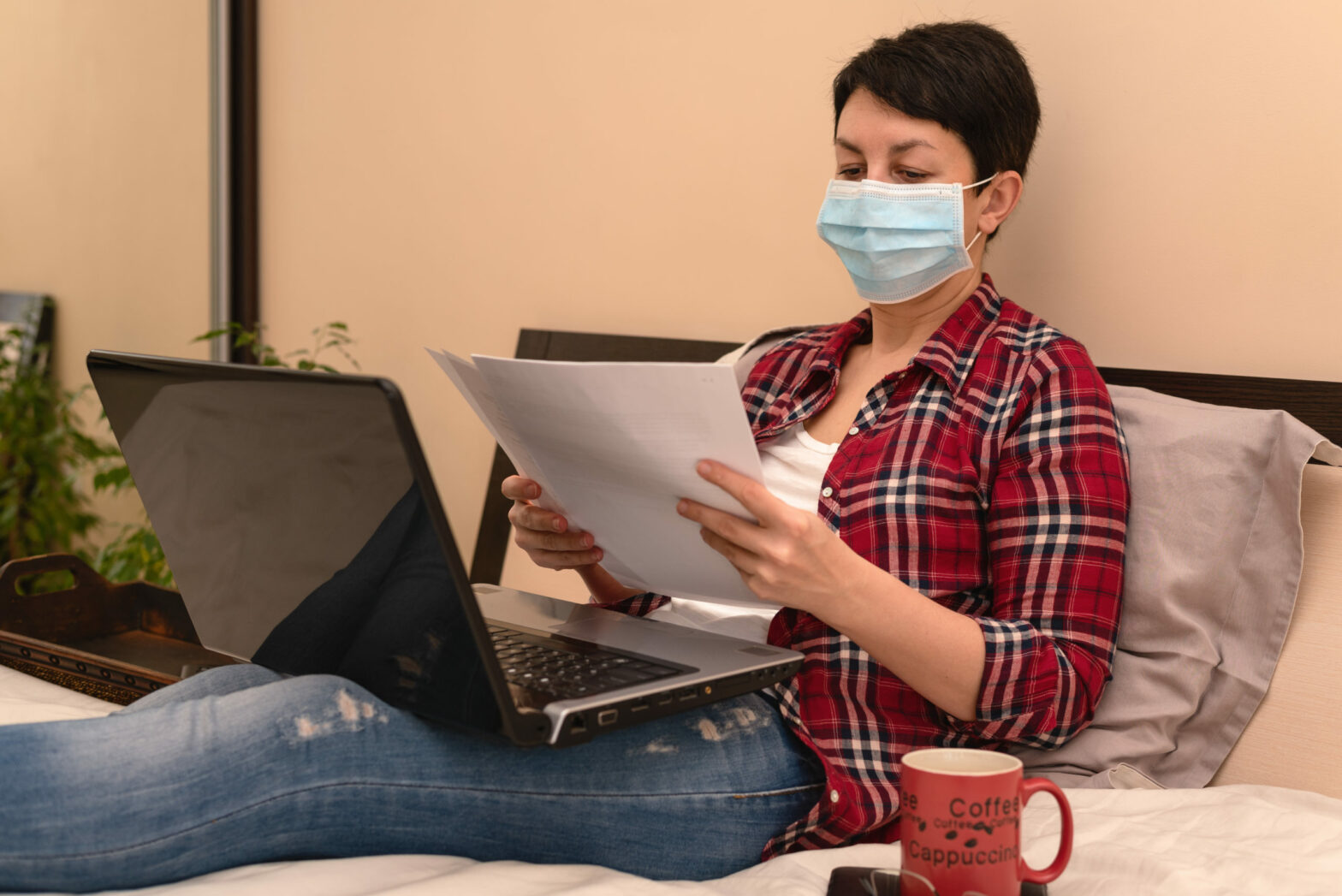UPDATED: One in five small business staff are estimated to be self-isolating having been “pinged” by the NHS Covid-19 tracking app.
With an estimated 20 per cent of the small business workforce self-isolating, independent shops, restaurants and bars are having to close for the interim, unable to find staff.
Katie Nicholls, head of UKHospitality, told the Financial Times self-isolating was even worse for a small business in the hospitality sector, with up to one third of staff being forced to stay at home in some cases.
>See also: Pitalia Capital to invest £50m in small businesses
Self-isolating is wreaking havoc with small business owners up and down the country just as the country reopens fully on July 19 — so-called “Freedom Day”.
Indeed, more than half a million people were pinged by the NHS Covid app in England in the week to July 7, the highest figure since its launch.
New workplace guidance tells companies they are legally responsible if employees do not isolate, only exacerbating the problem.
Workers “pinged” by the NHS Covid app are told to self-isolate for 10 days if they have come into contact with an infected person, in what is now being called a “pingdemic”.
>See also: Average small business makes £300,000 on Amazon
And the pingdemic can only get worse as Covid infections rip through the population.
The UK reported 42,302 new Covid cases on Wednesday, July 14 – the highest level since January. Health secretary Sajid Javid has predicted more than 100,000 new Covid infections each day by August.
The government is planning to make the NHS Covid app less sensitive by August 16, which would cut the number of people being pinged.
But the BBC estimates that more than 4.5m people could be pinged between now and then.
And the UK government has pushed the decision as to whether to insist on mask wearing onto business owners, at least in England. (Wearing a mask in public is still mandatory in Scotland and Wales.)
The official advice issued yesterday told shops that “the government expects and recommends that people continue to wear a face covering in crowded, enclosed spaces”. It asked retailers to “consider encouraging, for example through signage, the use of face coverings by workers, particularly in indoor areas where they may come into contact with people they do not normally meet”. Similar advice applies in other workplaces.
Restaurants, pubs and bars are also encouraged to keep many of their Covid restrictions post August 19. They are told to consider asking customers to order through an app from their table, to prefer contactless payments, to discourage self-service of food and provide only disposable condiments.
Venues should “encourage the use of outside space where practical”, especially for “higher-risk activity, such as exercise or when people are singing”.
Businesses in all settings are told that even though they are no longer legally required to tell customers to “check in” or collect contact details, continuing to do so is among the most important things they can do to curb Covid.
Trade unions and some business executives have warned that the government’s decision to tell companies what is “expected” of them without making mask wearing law will put an unfair onus on staff if they must compel customers to wear masks.
Hannah Essex, co-executive director of the British Chambers of Commerce, told the Times the guidance had left companies unclear “whether they will be held liable should they make changes to the way they operate” from next week.
She said: “Companies now have just five days to make this judgment call and effectively communicate it to staff and customers.”
Further reading
Small business to spend £23bn this year alone keeping Covid safe





